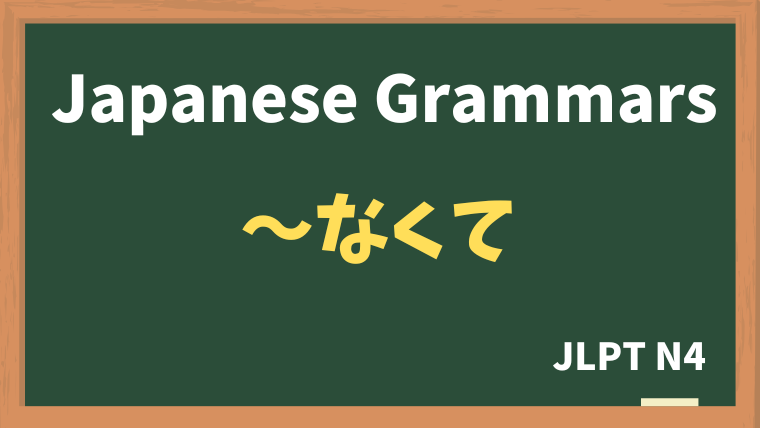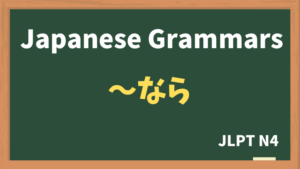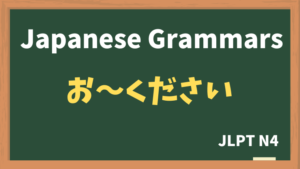
Explanation:〜なくて
fa-check-circleMeaning
Used to express a reason, cause, or condition.
fa-check-circleForm
V (nai-form) ない + くて
fa-check-circlePoints
- Avoids Intentional Action in Result: Generally, intentional actions do not follow "〜なくて" as it often describes natural results, emotional responses, or uncontrollable outcomes.
- Expressing Regret: When conveying regret or inconvenience, this form is commonly used, such as “こなくて ざんねんです” (It's a shame they didn’t come).
fa-check-circleJLPT Level
N4
Sample sentenes
電車が 来なくて、遅刻しました。
The train didn’t come, so I was late.
お金が なくて、旅行に 行けません。
I don’t have money, so I can’t go on a trip.
時間が なくて、準備が できませんでした。
I didn’t have time, so I couldn’t prepare.
コンビニが 開いていなくて、食べ物が 買えませんでした。
The convenience store being closed resulted in the inability to buy food.
彼女に 会えなくて さびしいです。
I feel lonely because I can't see her.
雨が やまなくて、残念です。
I’m disappointed because the rain won’t stop.
Vocabulary
| Japanese | English | |
| 遅刻する | ちこくする | to be late |
| 準備する | じゅんびする | to prepare |






